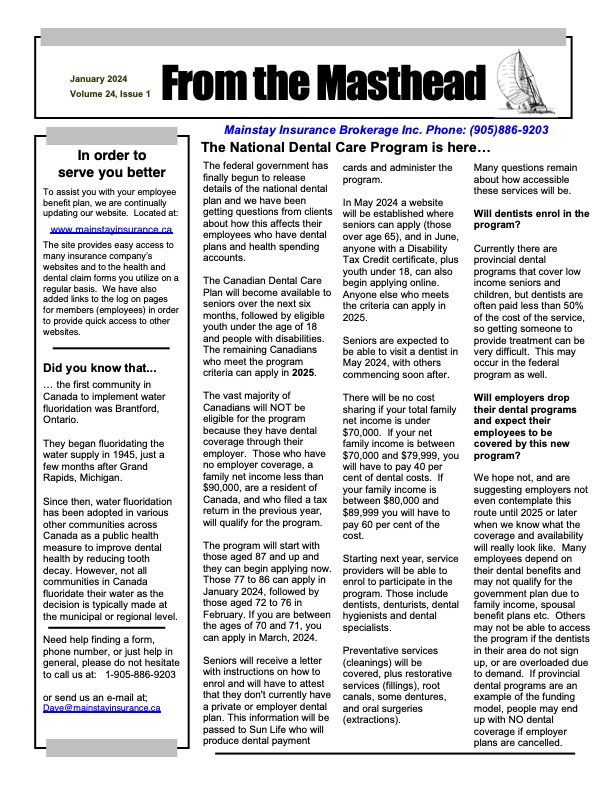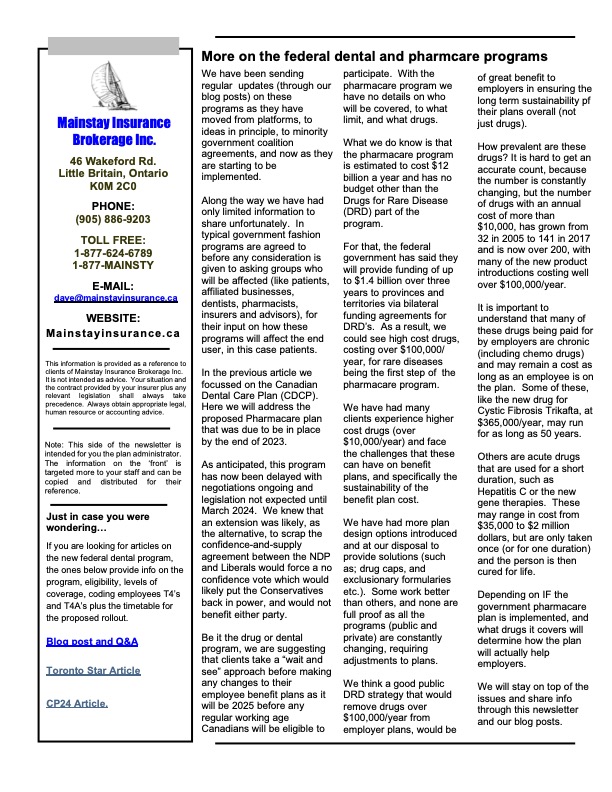Each year Williams HR Law LLP does a great summary on what to “be on the look out for” in the year ahead around Employment Law and HR issues. Details are below. Hold the date and watch for more
Keep an eye out for registration information for the webinar, which will be shared in early January.
Organizations across Canada are continuously challenged to stay ahead in the world of HR Law. From the challenges associated with remote work, nuanced terminations, and legislative updates to matters of bad faith conduct, accommodations and independent contractor relationships, it is difficult to stay afloat, let alone be proactive in navigating the numerous changes that have emerged in 2023.
To keep you and your organization In the Know, Laura Williams and the Williams HR Law team invite you to our annual, complimentary 2023 HR Law Year in Review & Trends to Watch in 2024 webinar on January 30, 2024, from 12:00 pm – 1:30 pm
Save the Date
Topics that will be covered in this Year in Review webinar will include:
- Remote work challenges, such as time theft and moonlighting, including strategies to foster successful remote work arrangements
- The latest shifts in the law on the enforceability of termination clauses and the assessment of reasonable notice
- The expanded scope of bad faith conduct, including best practices to avoid liability for moral and punitive damages
- Key developments related to accommodations, including compliance strategies for mask and vaccination policies
- New WSIB reporting requirements and case law
- Legal developments related to fixed-term independent contractor agreements, and best practices for organizations to mitigate risk
- Critical considerations when assessing credibility and reliability in workplace investigations
- Legislative updates affecting Ontario and federally regulated employers, including pay transparency and notice of termination requirementsThis interactive webinar will include Q&A time for attendees to pose questions which Williams HR Law’s lawyers will answer live.



